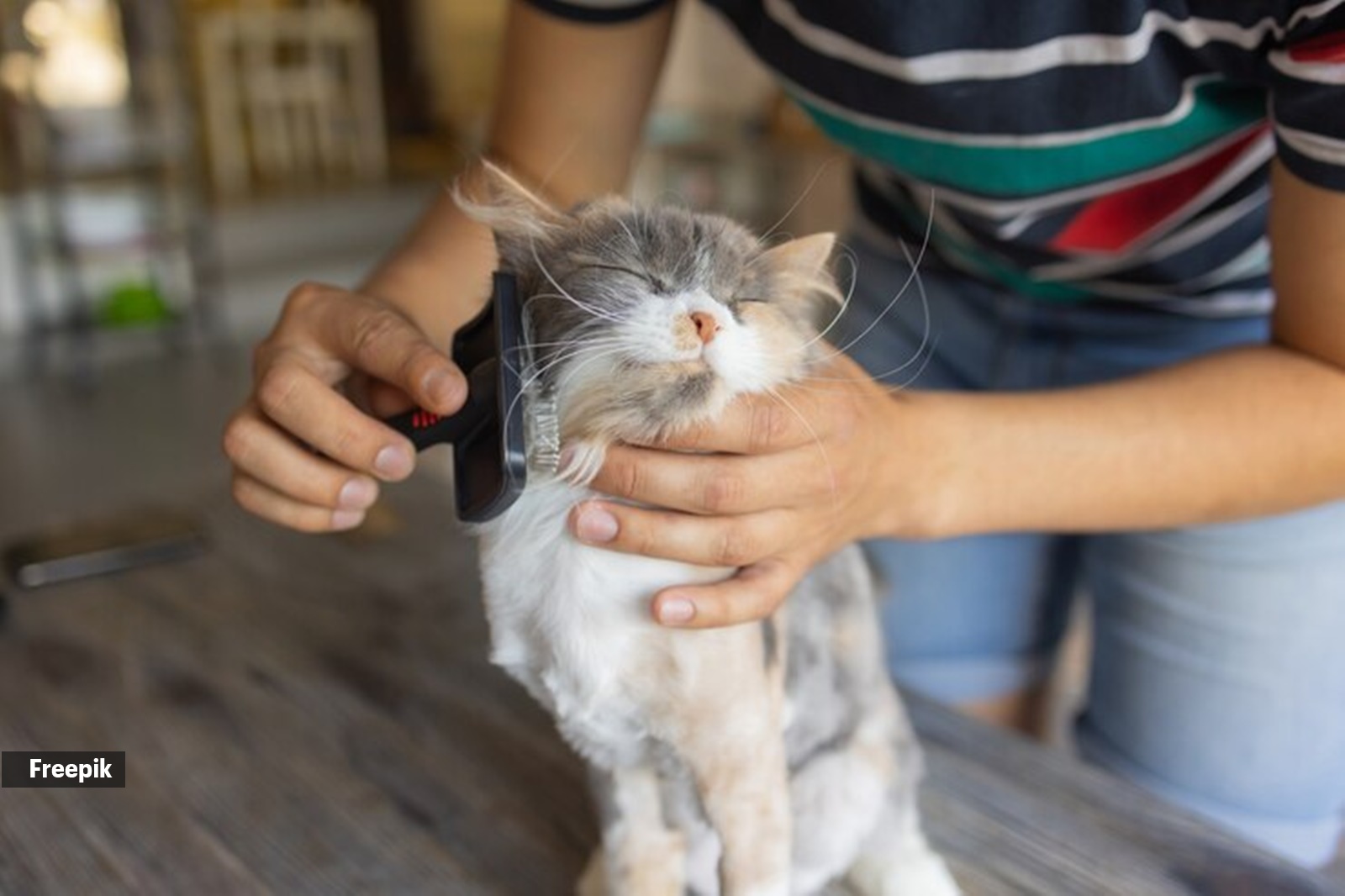Air pollution isn’t just harmful to humans; it can also have a significant impact on our pets. Many aren’t aware that there is a link between polluted air and an increase in pet allergies, with symptoms ranging from skin irritation to respiratory issues. Pets are exposed to pollutants both outdoors and indoors, where particulate matter and harmful chemicals can settle on their fur or be inhaled.
For pet owners, this can mean an uptick in vet visits or the need for specialised care to manage allergies and irritations. Beyond medical interventions, certain grooming practices can help reduce irritation and keep pets comfortable despite poor air quality. To shed light on this growing concern, we sought expert advice.

Dr Deepraj Prajapati, veterinarian at RD Pet Clinic, tells indianexpress.com, “Air pollution poses significant health risks to pets, particularly affecting their skin and respiratory systems. Early identification of symptoms, regular grooming, and adopting household measures can help mitigate these risks.”
Common symptoms of pet allergies caused by polluted air
Polluted air can trigger allergies in pets, manifesting through symptoms that closely resemble human allergic reactions, says Dr Prajapati. Common signs, according to him, include:
-Respiratory Issues: Sneezing, coughing, wheezing, or difficulty breathing may indicate airborne irritants affecting the lungs or airways.
-Skin Irritation: Excessive scratching, redness, dry patches, or hair loss are often early indicators of contact with pollutants.
-Eye and Nasal Discharge: Watery, red eyes and a runny nose can result from exposure to fine particulate matter (PM2.5) and chemical pollutants.
-Behavioural Changes: Lethargy, reduced appetite, or increased anxiety may be signs of discomfort caused by poor air quality.
 Frequent brushing removes dust and pollutants trapped in the fur. (Source: Freepik)
Frequent brushing removes dust and pollutants trapped in the fur. (Source: Freepik)
How to identify symptoms early
Dr Prajapati suggests, “Regularly monitor your pet’s behaviour, skin, and respiratory patterns, particularly during periods of high pollution.” Seek veterinary advice promptly if symptoms persist or worsen. “A vet may recommend skin or blood tests to determine specific allergens affecting your pet,” he adds.
Grooming tips or practices can help reduce irritation and protect pets from pollutants
Dr Prajapati recommends the following:
Frequent Brushing: Removes dust and pollutants trapped in the fur. Use a soft-bristle brush to avoid irritating the skin.
Wiping Down: Use a damp, hypoallergenic cloth to wipe your pet’s coat and paws after walks to prevent allergens from entering the home.
Bathing: Regular baths with mild, moisturising pet shampoos help remove pollutant residues without stripping natural oils. Avoid over-bathing, as it may dry out the skin.
Hydration: Ensure pets have access to clean water, which supports healthy skin and fur from the inside out.
Protective Clothing: For short-haired pets, consider lightweight coats to minimise pollutant contact during outdoor activities.
📣 For more lifestyle news, click here to join our WhatsApp Channel and also follow us on Instagram


